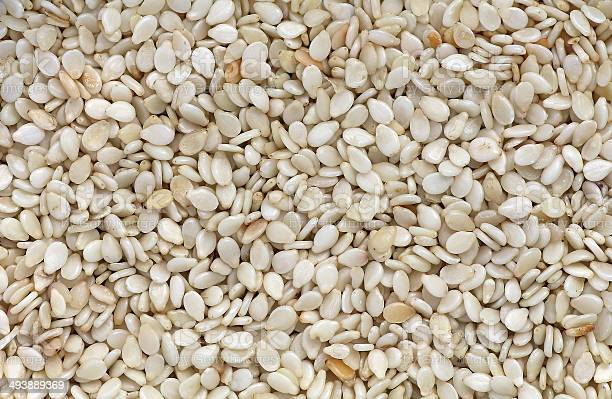4 surprising health benefits of curry powder

What is curry powder? In the UK, when we talk about curry powder, we usually mean a blend of spices from East Indian cuisine. The details may vary but we’re talking turmeric, coriander seeds, cumin seeds, dried chillies, black pepper, fenugreek seeds, curry leaves, mustard seeds, cinnamon, cardamom, cloves, nutmeg, peppercorns and bay leaves. 1. Reducing inflammation Turmeric is the key here. This wonder spice has been used for centuries in Ayurvedic medicine to help treat inflammation, pain and rheumatoid arthritis. Scientific studies appear to support the idea that turmeric’s active ingredient curcumin is a powerful antioxidant and lowers levels of two inflammation-causing enzymes. Some experts even suggest its powers rival ibuprofen. 2. Fighting cancer Again, that feisty little curcumin could help to prevent or treat cancers, in...





